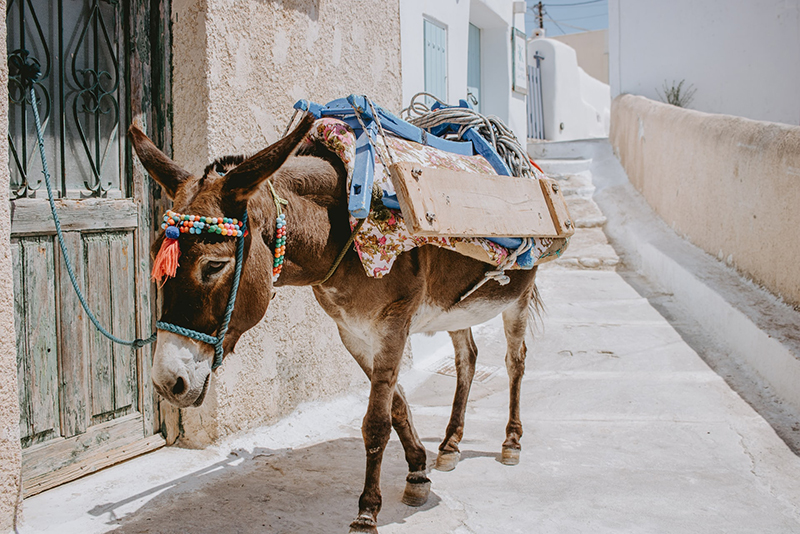
We often associate the Old Testament with utmost severity and uncompromising attitude towards those who do not fulfill the Law in its entirety. At the same time, carefully reading the laws of the Pentateuch, we will see tender attention to those unable to take care of themselves.
For example, the books of Exodus and Deuteronomy describe the situation where a debtor has nothing to pledge other than his own clothes. The lender can take such a pledge … but he is obliged to return the clothes to the debtor before nightfall. “And what about the repayment guarantee?” some might ask. But God says that no guarantees, even those that meet the norms of social justice, are worth a person’s life. “If you take your neighbor’s cloak in pawn, you shall restore it before the sun goes down; for it may be your neighbor’s only clothing to use as cover; in what else shall that person sleep? And if your neighbor cries out to me, I will listen, for I am compassionate” (Ex. 22: 26-27).
Even more surprisingly, the Pentateuch says something similar about domestic animals. Many have heard of the commandment, “You shall not muzzle an ox while it is treading out the grain” (Deut. 25: 4). It may seem incomprehensible to a modern person, but St Paul the Apostle offers its allegorical interpretation in 1 Cor. 9: 9-10. Let’s imagine the situation referred to in Deuteronomy.
During the threshing, the oxen were allowed to trample the sheaves so that people could later use the wind to separate the grain from the chaff. Of course, the animals could not resist eating up the scattered crops. Some owners, not wishing to suffer losses, would tie the mouths of their oxen. On the one hand, it is the owner’s right to choose the time for feeding his ox. On the other hand, according to the biblical commandment, it is immoral to use someone’s labour and at the same time to deprive the workers of the benefits that their work implies. St Paul also recalls this commandment, speaking of people and their labor. A modern-life example of this would be a person running a smoke shop and preferring to throw away the leftover fat to letting the workers take it for themselves.
Many commandments concerning animals express the principle: “Use nature’s resources, but do not drain them completely. Maintain a balance, do not try to take everything from nature”. For example, in the book of Deuteronomy, a situation is described where a man finds a nest and wants to take for himself both the bird and its eggs (fledglings). God forbids doing this, saying that he may take the eggs for himself, but he should not also take the bird (Deut. 22: 6-7). This instruction ends with remarkable words, “… in order that it may go well with you and you may live long”. NB, the commandment to honor one’s own father and mother ends with the same words.
In the Old Testament, we do not see the commandment to love one’s enemies in the same form as it appears in the Sermon on the Mount. But we find these words here, “When you come upon your enemy’s ox or donkey going astray, you shall bring it back. When you see the donkey of one who hates you lying under its burden and you would hold back from setting it free, you must help to set it free” (Ex. 23: 4-5). The meaning of this commandment is the same as that of the above: an animal deserves mercy, and the personal hostility of people towards one another cannot be transferred to domestic animals, defenseless against human power.
As we can see here, God gradually teaches people to love, raising them above their own egoism. Even in an era when military conflicts were commonplace, and human life was even more fragile than it is now, the prophets reminded people again and again: “You are responsible not only for yourselves, but also for the world that surrounds you”.
Translated by The Catalogue of Good Deeds
Source: https://jesus-portal.ru/life/blogs/bibliya-o-kotoroy-vy-ne-znali/prorok-moisey-protiv-obschestva-potrebleniya/




